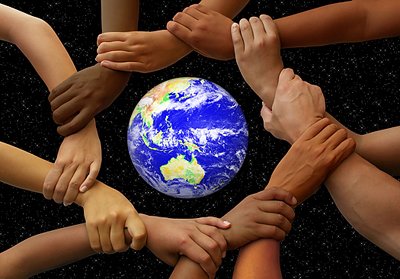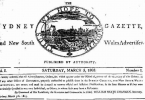Immigration levels across the globe are at an all-time high.
Multiculturalism in Australia is always a hot issue, but how have Melbournians’ perceptions of immigration really changed over the past decade?
Data collected by the City of Melbourne indicates that acceptance of different cultures has been rising since 2014.
People who agree it’s a good thing for the society to be made up of people from different cultures:
A notable change is the 4.1% increase in males who believe multiculturalism to be a good thing.
Females have consistently been more positive towards different cultures than males. In terms of age, it appears young people are generally more accepting of multiple cultures than those over 36 years old.
Despite the overall growth since 2012, a dip in percentage occurred in 2014 in every demographic except males.
2014 saw the emergence of the Islamic State of Iraq and Syria (ISIS) and conflict in the Middle East continues to be a global topic of concern.
§
What is also interesting to look at is the Vote Compass data released by the ABC after every federal election.
How many new immigrants should Australia admit? (2013)
People aged 18 to 34 years old believe that more immigrants should be admitted than the older age groups.
Overall, however, in 2013 most people believed the number of immigrants admitted should stay the same.
In 2016, the survey prompt was changed slightly, this time asking about refugees instead of immigrants.
How many refugees should Australia admit? (2016)
It is interesting to note that three years later, Australian’s views on multiculturalism had changed slightly.
§
Google Trends data from the past five years shows a pattern of interest in multiculturalism.
Google Trends interest over time for the topic “Multiculturalism” in Australia
As we can see from the Trends graph, there seems to be a cycle of when multiculturalism is a popular discussion in Australia.
There are yearly peaks in the months of March, May, August and October.
In March, Cultural Diversity Week has taken place yearly since 1999.
Ramadan and Eid al Adha, the two most important commemorations in the Islamic calendar, take place in May and August respectively.
The Hindu, Sikh and Jain faiths celebrate Diwali, the Festival of Lights, in October.
The Google Trends data shows that while the nation’s views on multiculturalism have and will change over time, yearly cultural celebrations are recognised in Australian societies.
Featured image: Wikimedia Commons







